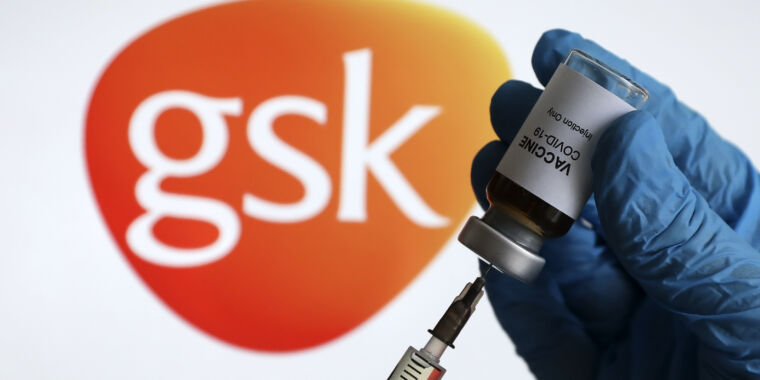
After its own setback in the COVID-19 vaccine, GlaxoSmithKline struck a $ 180 million deal to help German biotech company CureVac manufacture 100 million doses of its mRNA vaccine, which is currently in development. The agreement also establishes the basis for the two to develop a next generation vaccine that would protect against several variants of the coronavirus at the same time.
The partnership is the latest example of a pharmaceutical giant teaming up with a colleague – in some cases a rival – to help address the global shortage of desperately needed COVID-19 vaccines.
On January 27, Sanofi – one of the world’s leading vaccine manufacturers – announced that it would use its manufacturing ability to produce the vaccine developed by rivals Pfizer and BioNTech, which has already been authorized for use in the U.S. and the EU. Sanofi will begin producing more than 125 million doses of the Pfizer / BioNTech vaccine at its plant in Frankfurt, Germany, later this year.
“We decided to support BioNTech and Pfizer in the manufacture of their COVID-19 vaccine to help meet global needs, as we have the technology and facilities to do so,” said Sanofi CEO Paul Hudson in a statement.
On January 29, Swiss drugmaker Novartis made its own announcement that it would also lend its manufacturing capabilities to the Pfizer / BioNTech vaccine. The company will start producing the vaccine at its facilities in Stein, Switzerland, later this year. “As a company that is reimagining medicine with advanced therapy platforms, we are committed to leveraging our manufacturing capabilities to help support the supply of COVID-19 vaccines and therapies worldwide,” said Steffen Lang, head of technical operations Novartis in a statement. “We hope this will be the first in a series of such agreements.”
In the agreement announced today, GSK will lend its manufacturing capacity to produce 100 million doses of the CureVac vaccine in 2021. The vaccine, CVnCoV, is an mRNA vaccine similar to that of Pfizer / BioNTech that is currently completing a Phase IIb clinical trial / III.
Vaccine 2.0
Previously, GSK planned to spend this time producing its own vaccine, which it is developing with Sanofi. The two giants teamed up to develop a vaccine based on recombinant protein with adjuvant; Sanofi brought the recombinant technology to the table and GSK was working on the adjuvant, which is usually a compound that enhances the effect of a drug or vaccine.
But the pair announced last December that the vaccine failed to stimulate a sufficient immune response in older adults enrolled in a Phase I / II trial. The disappointing result pushed GSK and Sanofi’s plans to launch the vaccine in early 2021 by the end of the year – if it is authorized by regulators.
Now, GSK is focusing on helping CureVac launch its first generation mRNA vaccine this year – and looking to the future of COVID-19 vaccines. With the appearance of multiple worrying variants, GSK and CureVac hope to have second generation mRNA-based vaccines launched by 2022, which will offer broader protection than current vaccines. MRNA vaccine platforms are relatively easy to adjust, and Pfizer / BioNTech and Moderna have already said they are exploring changing their mRNA vaccines for better protection against variants.
“We believe that next generation vaccines will be crucial in the ongoing fight against COVID-19,” said GSK CEO Emma Walmsley in a statement. “This new collaboration builds on our existing relationship with CureVac and means that together we will combine our scientific experience in mRNA and vaccine development to advance and accelerate the development of new COVID-19 candidate vaccines.”
